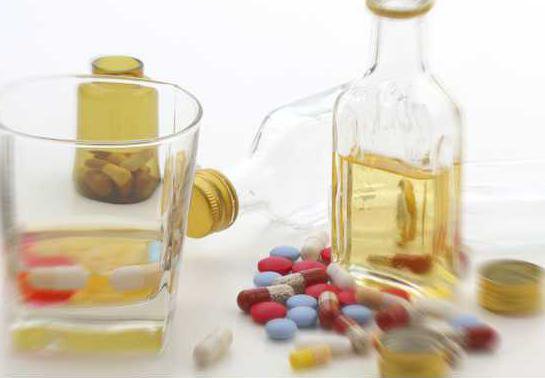On Monday, Robin Williams’ sudden death, which has been linked to mental illness, brought attention to the struggle many Americans face with addiction. According to The Hollywood Reporter, his death may have been the final result of a thirty-year battle with cocaine and alcohol which first began in the 1980s.
However, Williams is not alone.
According to an analysis by the Closing the Addiction Treatment Gap initiative, 23 million Americans are currently addicted to alcohol and/or other types of drugs. Only 10 percent of this number receive treatment to help them out of addiction.
Problems with addiction hinder brain activity and development, according to The National Institutes of Health, and increase the risk of suicide for addicts. One study, published in the Journal of Affective Disorders, also found that 68 percent of patients treated in a drug abuse clinic suffered from depression, and 28 percent of those patients attempted suicide within the last year.
But addiction affects more than just the person directly involved. WebMD found in a national survey that addiction affects the daily lives of more than two-thirds of American families, making a cure for people with addiction the source for much scientific research in recent years.
No matter the cause of addiction, however, it’s important to remember that experts say it is, in fact, treatable.
"Addiction is a disease — a treatable disease — and it needs to be understood," said the National Institute of Drug Abuse’s director Nora D. Volkow to the NIH.
Tips on how to overcome addiction are aplenty on the Internet. The National Health Service in the United Kingdom offers a variety of solutions for people struggling with all kinds of addictions, including alcoholism and drug, sex and gambling addictions.
The NHS offers information on how to determine if you might be an addict, and then suggests resources to help people talk about their addictions or find help.
Cures have been debated often, too. Programs like Alcoholics Anonymous have been trying to get addicts to accept their identity as a way of moving on. But as Hans Pols and Gemma Lucy Smart, experts out of University of Sydney, wrote in a piece for The Conversation, the 12-step program offered by AA and other organizations doesn’t always offer a “miracle cure.”
“The personal stories that have emerged out of addiction literature reveal that the Alcoholics Anonymous model has been thoroughly ingrained into the wider story of addiction,” according to the article. “This may affect individuals' experience of the condition.”
These programs and plans may give addicts a temporary cure for their addiction, but don't completely wipe away the addictive personalities that many of these people have, Pols and Smart wrote.
As research continues to be done on addiction — its effects, its influence and its roots — laws and policies have been enacted to try and help people get the care they need to treat addiction and mental illness.
Both The Mental Health Parity and Addiction Equity Act of 2008, which requires health insurance providers to ensure fair benefits to the mentally ill, and the Affordable Care Act, are looking to aid those with addiction and mental illness and help lessen the tragedy that comes from it. Both acts require public and public health insurance companies to pay for and offer mental health treatment, giving those with mental illnesses an easier road to findind help.
And help is always out there.
“When you’re struggling with drug addiction, sobriety can seem like an impossible goal,” Help Guide, a nonprofit resource organization, explained. “But recovery is never out of reach, no matter how hopeless your situation seems. Change is possible with the right treatment and support, and by addressing the root cause of your addiction."
Email: hscribner@deseretdigital.com
Twitter: @herbscribner








